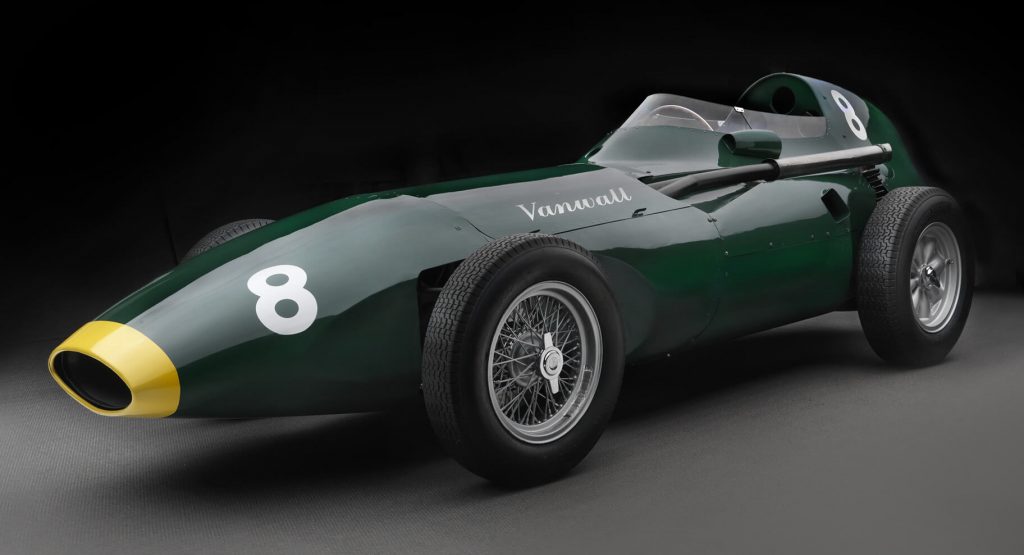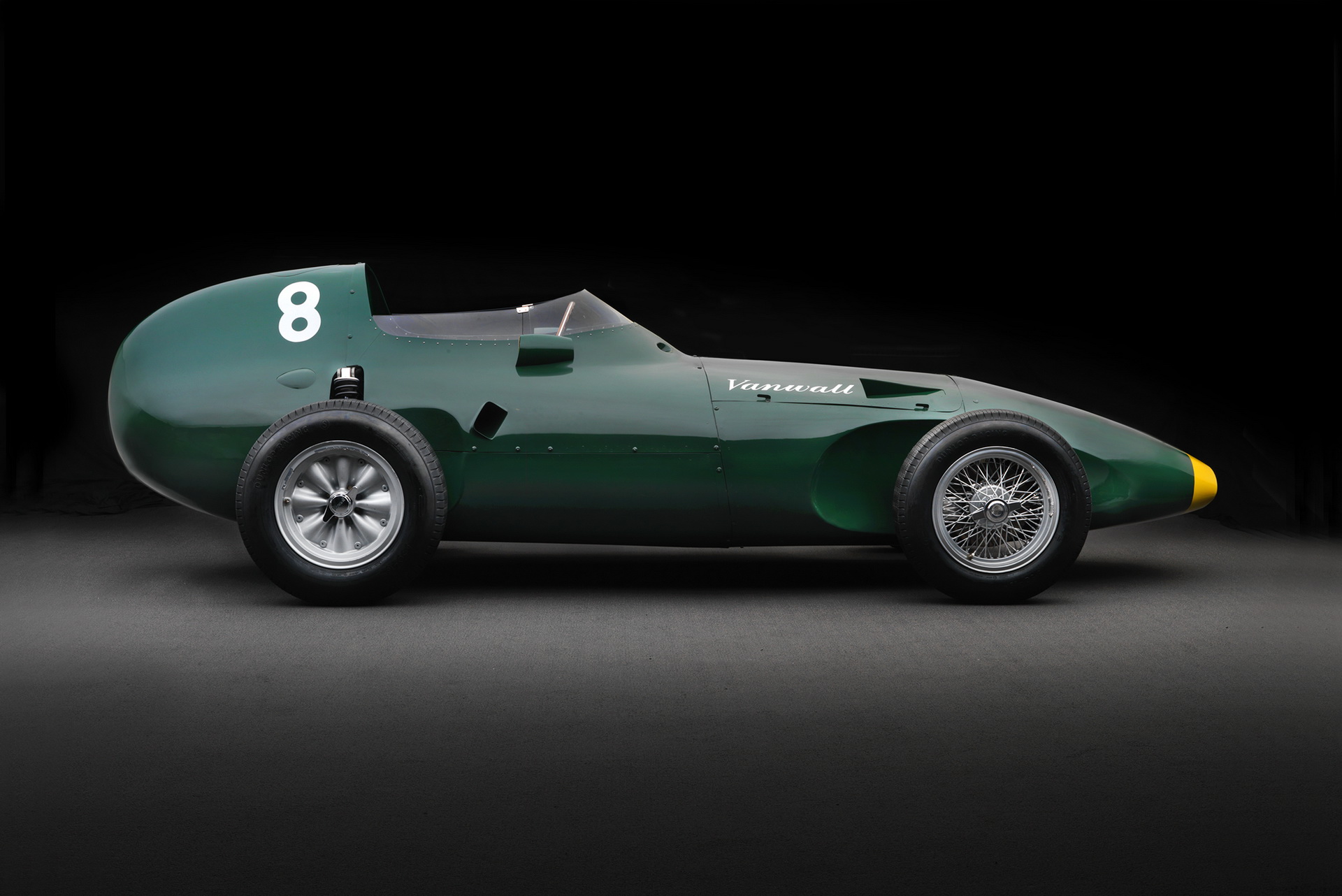The legendary British Vanwall racing team of the 1950s, which was the first to win the Formula One World Constructors Trophy back in 1958, will be resurrected under the Vanwall Group name.
Vanwall will make six new continuation cars that will celebrate their F1 success, including Sir Stirling Moss’ Morocco GP win on October 19, 1958. Five of them will be offered for private sale and the sixth one will “form the core of a Vanwall Historic Racing Team”.
Each car will take “thousands of hours” to build and will be manufactured with help from restoration experts Hall and Hall in Lincolnshire, England. Power will be supplied by a 2.5-liter engine developed using the original drawings and blueprints from the 1950s, which will produce 270 horsepower. The hand-built continuation series vehicles will be priced at £1.65 million in the United Kingdom, excluding tax, or $2.13 million at current exchange rates.
Read Also: Maserati Dedicates Unique MC20 Prototype To Sir Stirling Moss
“The Vanwall name is too important to consign to history. The Vanwall story is untold to many, but it is a great British tale of innovation and achievement, and shows what happens when the right team come together and push themselves fearlessly to reach a clearly defined goal”, said Vanwall Group’s Managing Director, Iain Sanderson, a former offshore powerboat racer world champion and the one who commissioned the Lightning GT EV in 2008.
“I can still remember watching the Vanwalls at Aintree in ’57 when I was a boy and had the pleasure of sitting in one at Goodwood”, added the company’s Chairman, and ex-Chairman of the Historic Grand Prix Cars Association, Andrew Garner. “I drove at all the major circuits in a Cooper T51 for many wonderful years, but the Vanwall is the car I coveted. These cars will be fully race eligible and, in the right hands, will be unbeatable, repeating [original founder] Tony Vandervell’s mission to beat the red cars [Ferrari].”
Besides the continuation series, Vanwall has announced that they are looking into how their “DNA could translate into a vehicle for the 2020s, with studies ongoing into future road and race car programs”.













